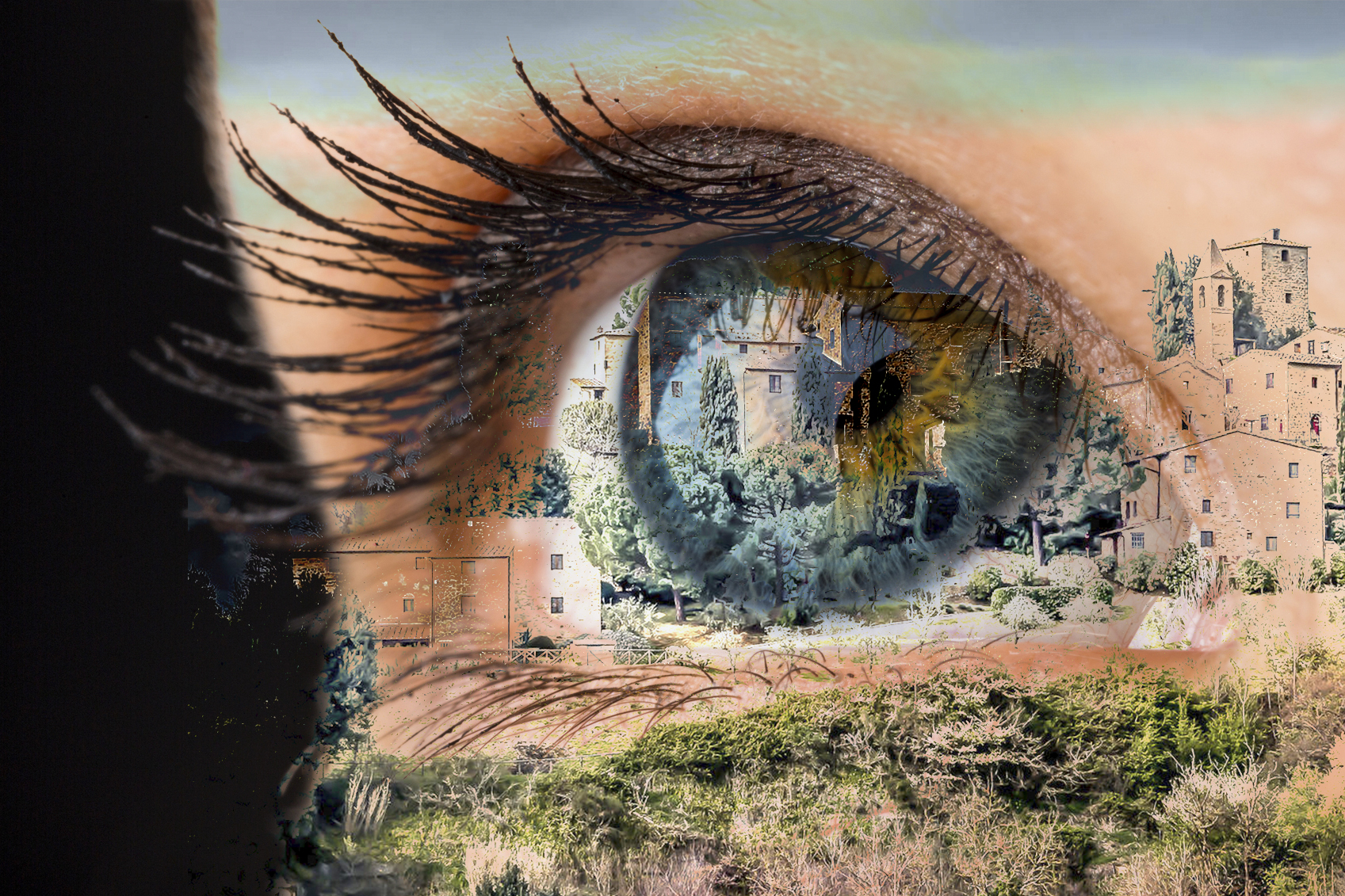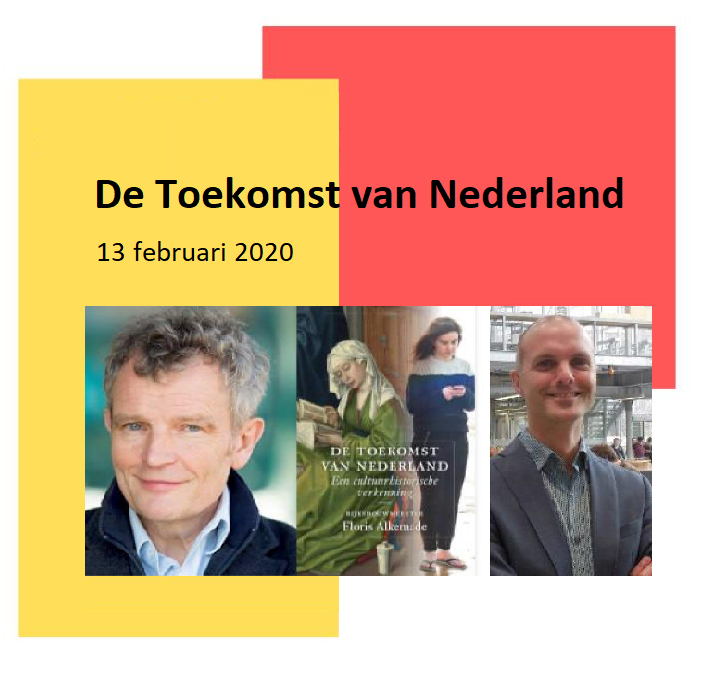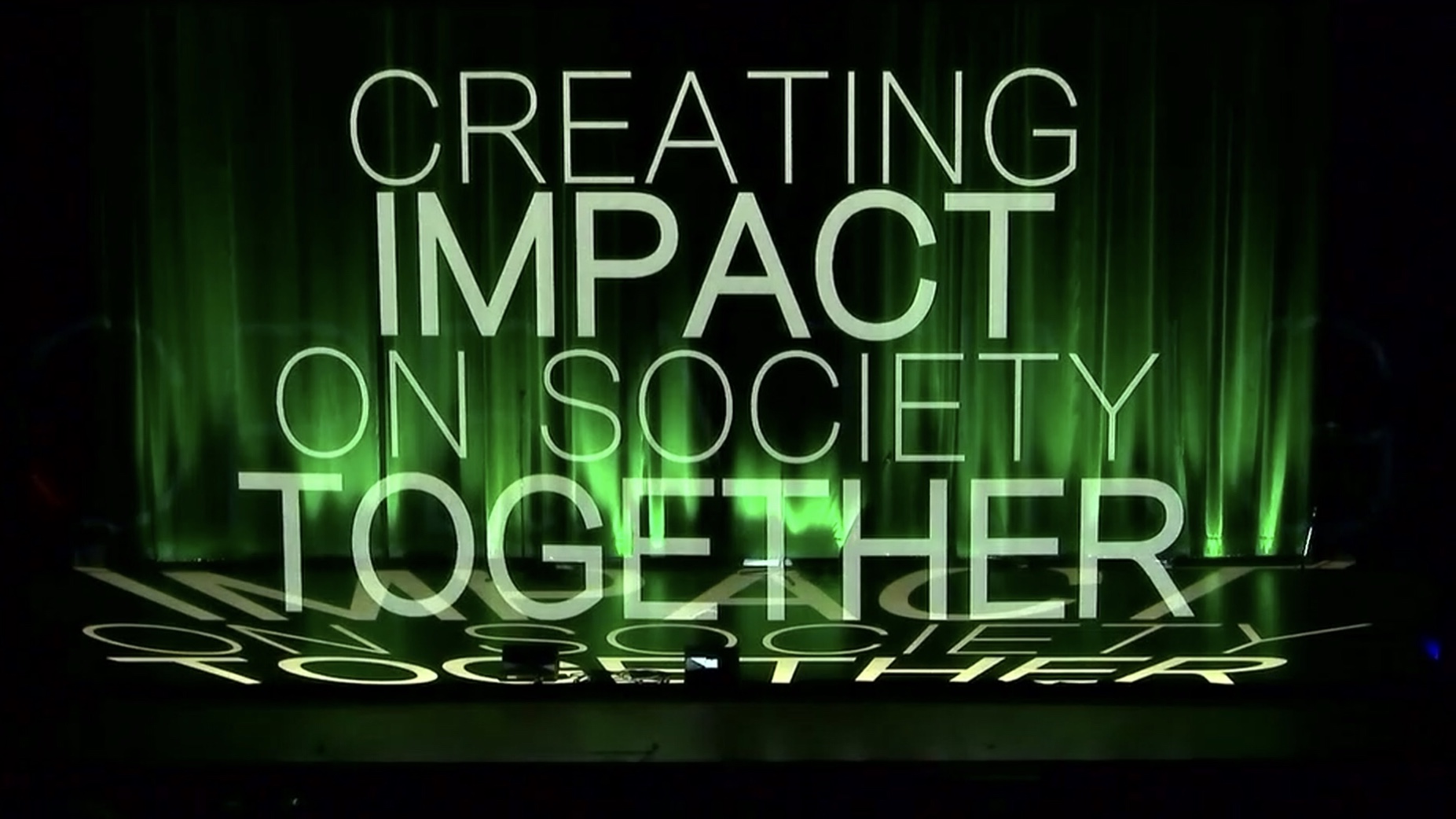The Impact of the Pandemic to Street Life, Urban Culture and Beyond.
Maurice Harteveld, co-host and moderator of the roundtable discussion with speakers from the Netherlands, from Greece, from France, and from the United States.
Tag Archives: quality of life
Ethical and Social Values in COVID-times
Design for Values in Times of COVID19
Creating Responsible Innovations respecting Ethical and Social Values
The COVID-19 pandemic is hitting people and businesses hard. The attempt to protect people from this life-threatening disease has changed how we perceive the role of governments, businesses, and all other stakeholders in providing safe housing, sanitation, workplaces, and safe public space to name a few. These are issues architecture, urban design, and spatial planning must address.
Continue reading
Public Space under COVID-19

TU Delft Joins ‘2020: A Year without Public Space under the COVID-19 Pandemic’
Social distance dictated by COVID-19 health emergency affects access to public space and with it creating a range of impacts on different levels. While global lockdown is destabilizing economy and challenging country leaders, at the human level the pandemic is generating isolation and loneliness, with a significant raise of helplessness and fear. Everyone is asked to stay home and rearrange daily routines and work activities in indoor domestic spaces, looking at the world from behind a window. People are dying alone, numbers are increasingly high. Outdoor physical activities are no longer allowed. Many governments seem to lack proper strategies to manage the risk of massive contagion. In the Global South the poor living in informal settlements have scarce access to water, washing hands could be dangerously impossible.
What is the future of public space? How can we face this unprecedented emergency and get prepared to its consequences, in specific regard to health disparity? Will public space restrictions stay in place after recovering from the pandemic?
Is there something we can do now all, together? Delft University of Technology, a worldwide recognised leader in the field of urban design and public space, unites with more than twenty universities globally in the ‘2020: A Year without Public Space under the COVID-19 Pandemic’ initiative. DDfV researcher Maurice Harteveld explains:
“We observe differences in behaviour in public space under the current circumstances. Differences that relate to different societal and personal priorities based on different social and personal values. Altered patterns in our cities are updating the way human behaviour informs urban design, hence the design of public space, but foremost the emerging differentiation in values effect in the design choices we are making in the near future.”
The Future of the Netherlands
In a special event Chief Government Architect Floris Alkemade gives a glimpse into his new essay “The Future of the Netherlands” and urban designer and architect Maurice Harteveld will explain how the city of the future can continue to offer everyone a place. Discussion is open to the public.
Creating Impact for a Better Society

At its 178th Dies Natalis celebration, the Delft University of Technology has announced to remove the boundaries between the natural sciences, the social sciences, and the humanities to cope with big societal challenges. The energy, mobility and resource transitions, increasing urbanisation and populations, and changes in demography need convergence: the integration of sciences in order to accelerate research and generate revolutionary outcomes. Manifold and intertwined problems that come along will be solved by pooling scientific resources if we collaborate in entirely new ways. Delft University of Technology will create a network of living labs, where science and innovation can be put into practice and tested in Rotterdam. Delft is doing this together with Erasmus University Rotterdam and Leiden University, with industry and government.
Design has evolved from largely being product centred through being more user-centred to now becoming human or society centred […] Technology is never neutral, which is why we have to be aware of its implication very early on in its development, in its design phase. Today we are focussing on that particular aspect. Making design choices which do justice to our moral and social values. And, I believe this is a key element for achieving our mission ‘to create impact for a better society’.
For example, more shared and self-driving vehicles will require fewer parking spaces. That results in more public space and greenery, which in turn improves air quality and biodiversity. Moreover, vegetation can serve as water storage, and reduce heat stress due to climate change. Furthermore, if we design those public spaces to encourage walking and cycling, this will stimulate a healthy lifestyle and lead to a better quality of life.
Tim van der Hagen, rector magnificus and president of the university
Resilient Communities | Community Resilience
Short keynote and debate exploring both the idea of resilient communities as well as of community resilience(s). Whereas sociological resilience is defined as the ability to recover from change, alike ecological resilience and technological resilience, community resilience applies to the ability of a specific community to maintain a healthy state in response to similar destabilising influences. This presumes a few simple subsets of abilities, which have been explained during the Peccioli Conferenza. If we know what are community resiliencies, we may know what are resilient communities. Particularly this, more so improving such resiliencies, may be seen as an investment in the human capital.

Peccioli Conferenza, spazi di Fonte Mazzola, 4 November 2019
Graduation Ceremony MADE
The first lucky 7 students have graduated from the MSc MADE (Metropolitan Analysis, Design and Engineering) programme! They received their well-earned MSc diploma during a festive graduation ceremony at AMS Institute. Two years ago, they joined AMS Institute together with elven others for classes on metropolitan challenges, entrepreneurial skills, and data analysis in the urban context. Now they have developed to be the first generation of interdisciplinary metropolitan innovators.

On September 24th, we have celebrated this milestone together with their family and friends when receiving their joint degree diplomas from Delft University of Technology and Wageningen University & Research. This is extra special as these are the first engineering degrees that are handed out in the city of Amsterdam in over 450 years! It has been quite an adventure to write this progrogramme from 2016 until its successful accreditation, and, subsequently, I am happy to have been the first director of this programme. Continue reading
Conversations in the Anthropocene

Introducing the Anthropocene
Colin Waters is Secretary of the Anthropocene Working Group of the Subcommission on Quaternary Stratigraphy, the body investigating the Anthropocene as a potential geological time unit. His working group is putting forward a proposal towards the recognition of the proposed new epoch. They started in 2009 and up until last year, they were pulling together all information that was available. “For example the biological changes that have happened are irreversible. Once species are transferred across the planet, you can’t put them in a box and put them back in their indigenous state”, he has explained while being our guest in Delft: “Even things like carbon dioxide, this will last as a signal for thousands of years. Even if we are reducing our carbon emission immediately, we are still looking at emissions which are going to be elevated above natural levels for thousands of years. At the present, there is no indication that we are changing that trend.” The human impact may be like a meteorite impact. At the end of the Cretaceous Period when the dinosaurs became extinct, a spike of iridium (an extra-terrestrial element) changed the conditions on Earth. “You still find a layer of a few millimeters thick which is high in iridium, and we can use that as the basis of the start of the new Paleogene Period following the Cretaceous.” It has been “a state change, a game-changer, to a state which now is very different from what it was before and is not recreatable to a large extent either.” What is our share, as designers?
Architecture is perhaps one that we have not mined sufficiently in the past that can provide information that is new to us and help build the story that we are developing. – Colin Waters
City of the Future Competition
Making Cities in Times of Major Transitions
On January 10, 2018, our research ‘The City of the Future’ has starts. This study explores new ways of city making by using five test locations of 1 x 1 km in the cities of Amsterdam, Rotterdam, The Hague, Utrecht and Eindhoven (five most populated cities in The Netherlands). We question how we can interrelate urban development, whilst urban design, planning and engineering, to upcoming challenges like shifts in transport, energy transition, circular economy and other system and network innovations, in times of the next generation of densification.
Continue reading
Towards the Edge of The Anthropocene
A new era is upon us. For centuries mankind has sought to gain control over the world we live in. Now we are moving towards the end of a world defined by nature and the dawn of an age dominated by the human condition. The Anthropocene is coming and it is our turn to choose sides. More technology or more democracy? Social justice or environmental accountability? Further or no further?
Towards the Edge of The Anthropocene: [no]Further. Trailer, published by ‘Urban Landscape’ on YouTube
Coming soon! 16-19 October 2017


